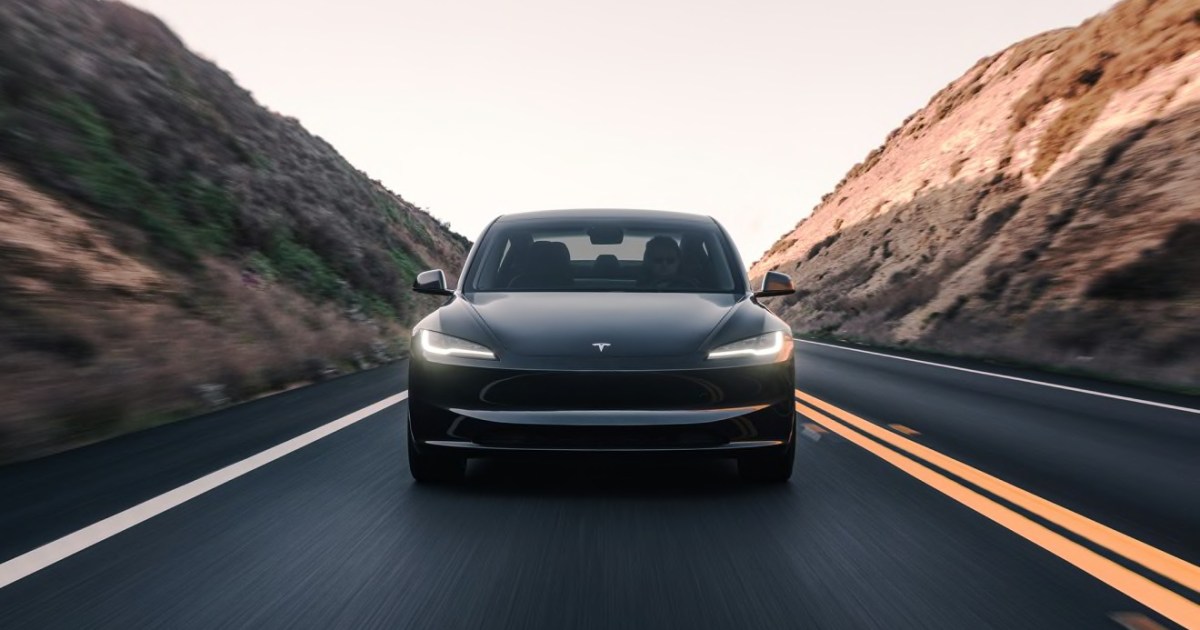
BYD de China sigue el ritmo de Tesla en ventas
BYD de China está alcanzando a Tesla en ventas. La compañía acaba de reportar un aumento del 21 por ciento en coches eléctricos vendidos.
China's principal electric vehicle (EV) manufacturer, BYD, is quickly approaching Tesla in terms of sales, as per data revealed by Reuters. The company has recorded a remarkable 21 percent surge in the sales of electric vehicles in the second quarter, amounting to a total of 426,039 EVs sold from April to June. This figure is merely 12,000 vehicles less than the estimated deliveries by Tesla during the same period. This progress places BYD in a favorable position to potentially become the top vendor globally.
On the other hand, Tesla recently announced a five percent decrease in deliveries for the latest quarter, marking the first instance that the company has encountered two consecutive quarters of decline. While it manufactured 410,831 units and delivered 443,956 EVs in Q2, production saw a drop of more than 20,000 units compared to the first quarter. Analysts, such as Barclays, had predicted an even more substantial decline, making this somewhat positive news for the company.
Several factors have contributed to Tesla's decline, with one of the primary reasons likely being its shift away from more affordable models towards robotaxis and futuristic stainless steel vehicles. In contrast, BYD offers incredibly economical cars, with the newly launched Seagull model starting at just $10,000. However, BYD's presence in the US is limited, partly due to tariffs imposed on imported Chinese vehicles. Similarly, the EU has introduced measures to restrict the entry of low-cost Chinese EVs into its market.
BYD is an integral part of China's industrial strategy to surpass US automakers, with the production of more affordable electric vehicles being a key tactic. BYD's rise to global prominence is attributed to its production of budget-friendly EVs known for their quality. Some automakers have taken note of this strategy, evident in models like the Nissan Leaf and Hyundai Kona. However, one company seems to have overlooked this trend entirely - Tesla.




